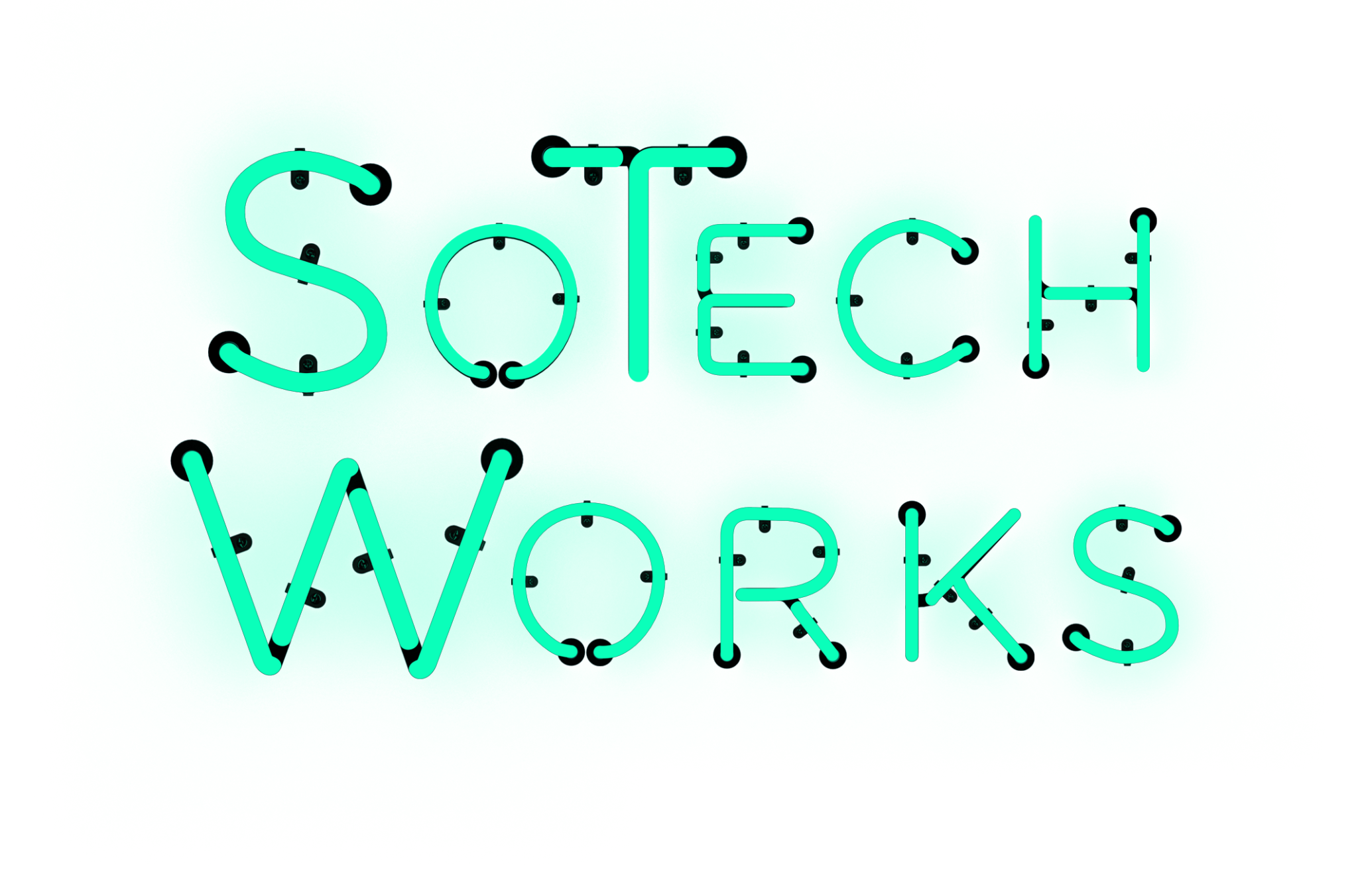Accelerating Numerical Algorithms for Enhanced Data Navigation: Collaboration with CERN and Beyond
In the era of big data, advanced numerical algorithms are playing a pivotal role in processing and extracting valuable insights from vast amounts of experimental data. Organizations such as CERN, the European Organization for Nuclear Research, generate massive data sets from experiments aimed at understanding the fundamental building blocks of the universe. By employing new numerical algorithm acceleration concepts, these institutions can significantly enhance their ability to navigate and interpret the data, ultimately leading to more efficient discoveries and scientific advancements.
- Parallel and Distributed Computing
Parallel and distributed computing techniques enable the simultaneous processing of large-scale data sets by leveraging the combined power of multiple computational units. By partitioning data and distributing the workload among several processors, these approaches can dramatically accelerate numerical algorithms and minimize the time required for data analysis. This is particularly beneficial for organizations like CERN, where experiments at the Large Hadron Collider produce petabytes of data annually.
- Machine Learning and AI-driven Algorithms
Machine learning and AI-driven algorithms offer an innovative approach to data analysis by automating the detection of patterns and anomalies within complex data sets. For instance, unsupervised learning techniques, such as clustering and dimensionality reduction, can help researchers identify previously unknown correlations or structures within experimental data. Additionally, reinforcement learning algorithms can adapt and optimize their strategies based on feedback from the environment, leading to more efficient data navigation and processing.
- Quantum Computing
Quantum computing presents a groundbreaking opportunity to revolutionize numerical algorithm acceleration. By leveraging the principles of quantum mechanics, quantum computers have the potential to solve problems exponentially faster than classical computers. While still in its early stages, quantum computing could significantly impact the way organizations like CERN process and analyze their experimental data in the future.
- Edge Computing and Data Compression
Edge computing and data compression techniques can help reduce the amount of data transmitted and stored, enabling more efficient navigation and processing. By processing data closer to its source and implementing advanced compression algorithms, researchers can minimize the latency and bandwidth requirements associated with large-scale data analysis.
- Collaborative Research and Open Science
Establishing partnerships between research institutions, such as CERN, and the broader scientific community can foster the development of innovative numerical algorithm acceleration concepts. By promoting open science and collaborative research, these entities can pool their resources and expertise to drive advancements in data processing and analysis techniques, ultimately enhancing the navigation and interpretation of experimental data.
In conclusion, new numerical algorithm acceleration concepts have the potential to revolutionize the way organizations like CERN navigate and analyze data from large-scale experiments. By embracing parallel computing, machine learning, quantum computing, and collaborative research, these institutions can significantly enhance their ability to process and interpret complex data sets, paving the way for groundbreaking discoveries and scientific advancements.
